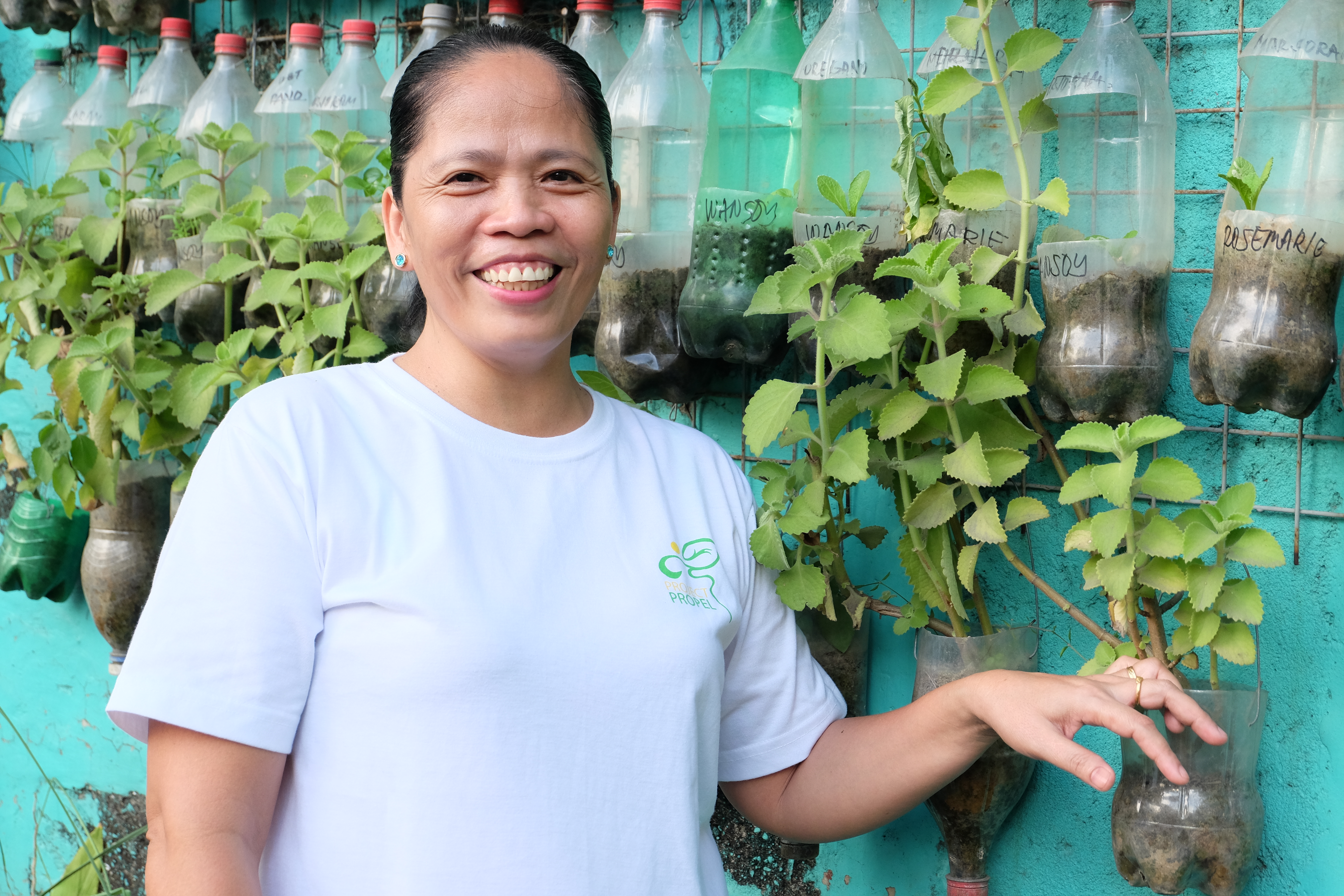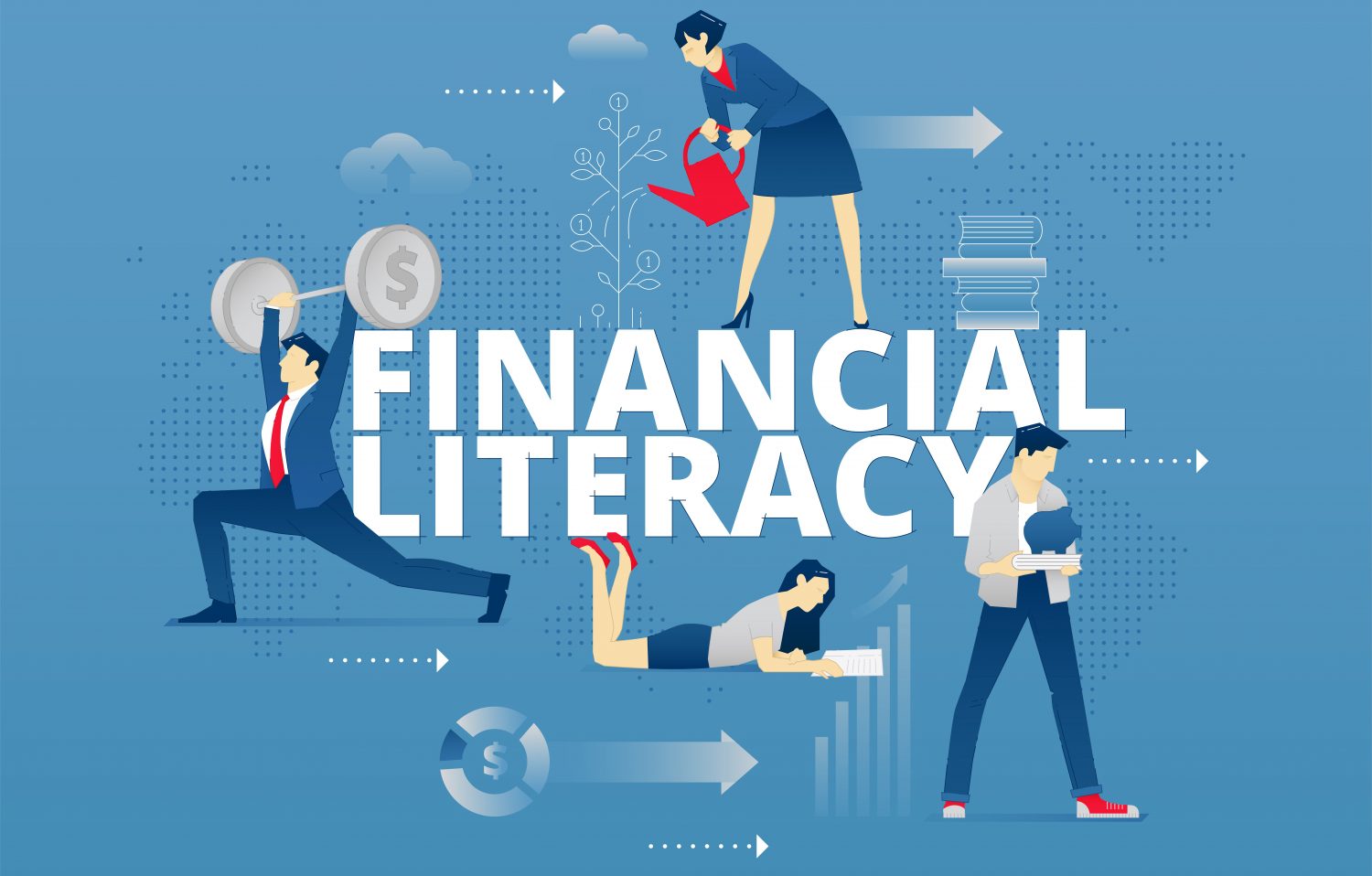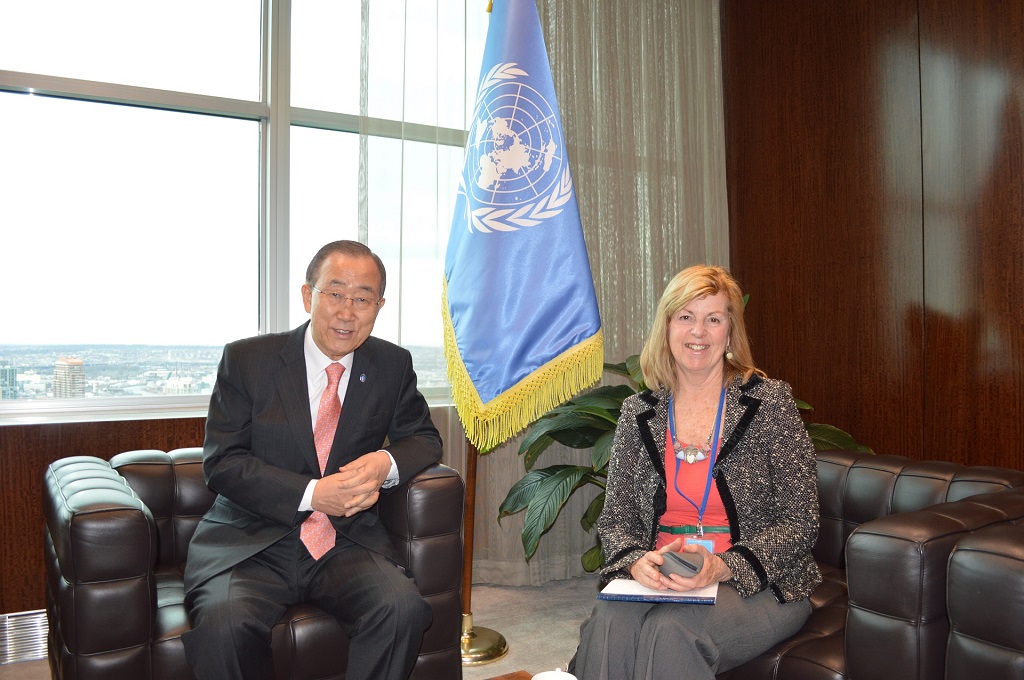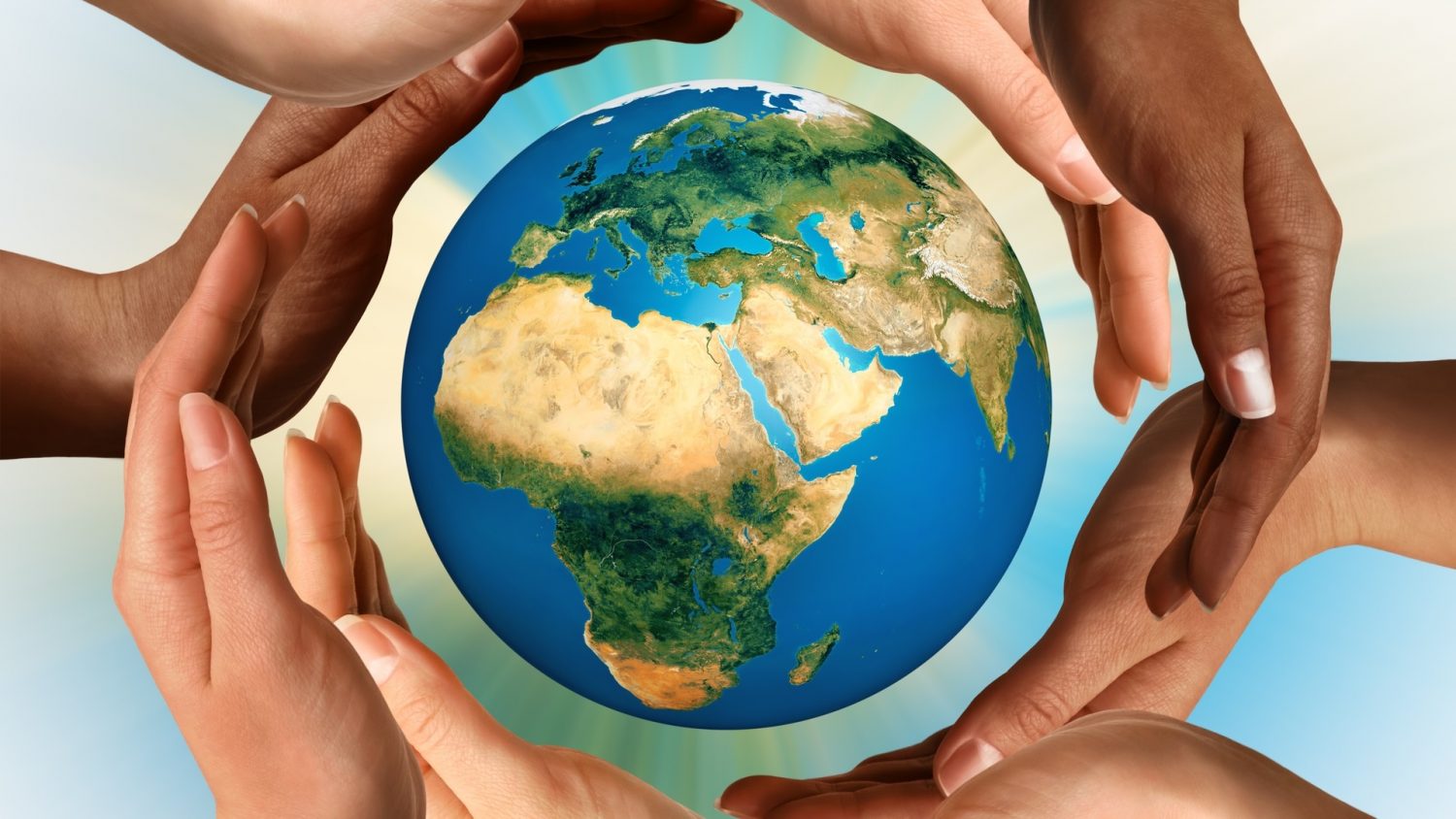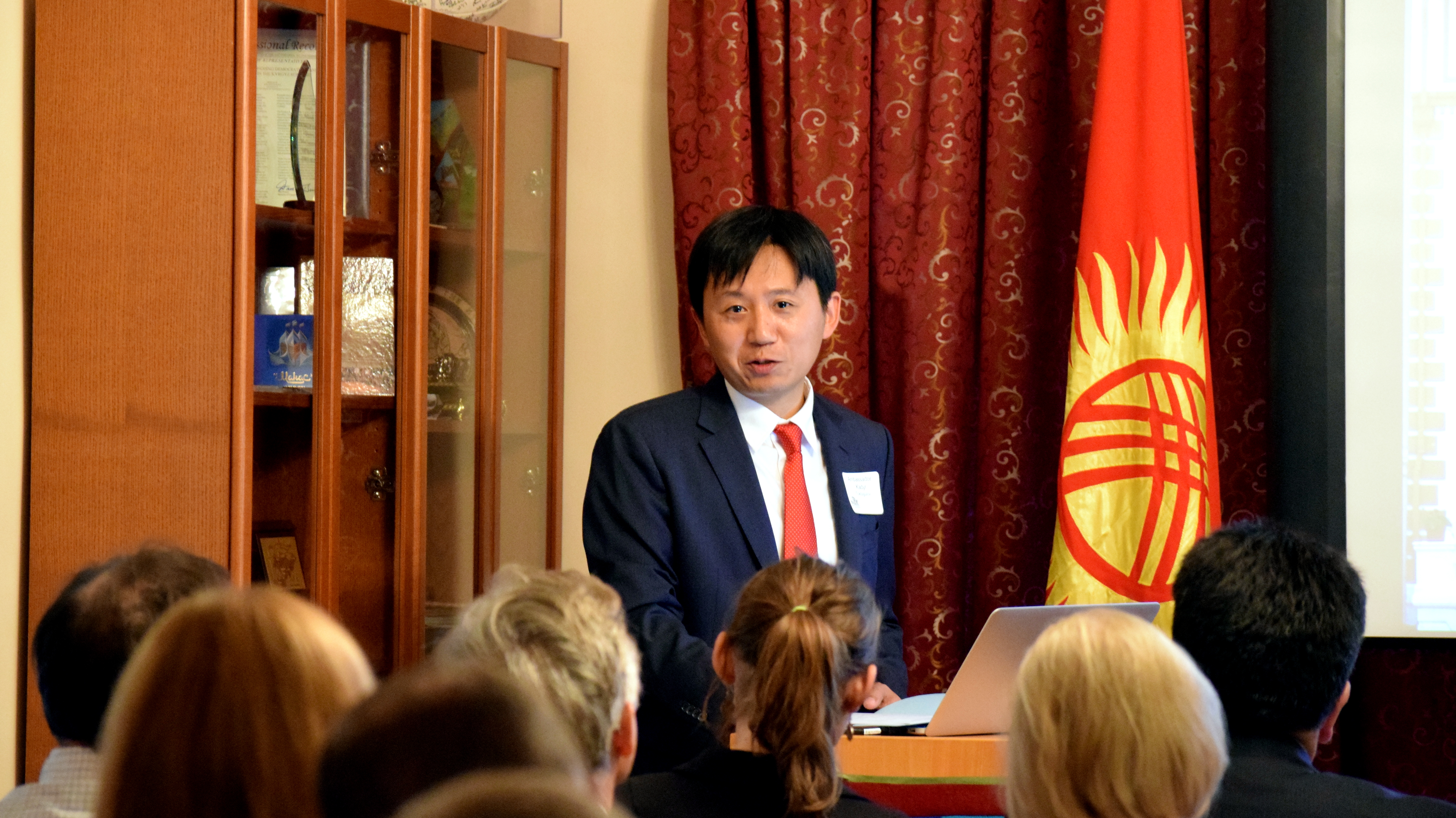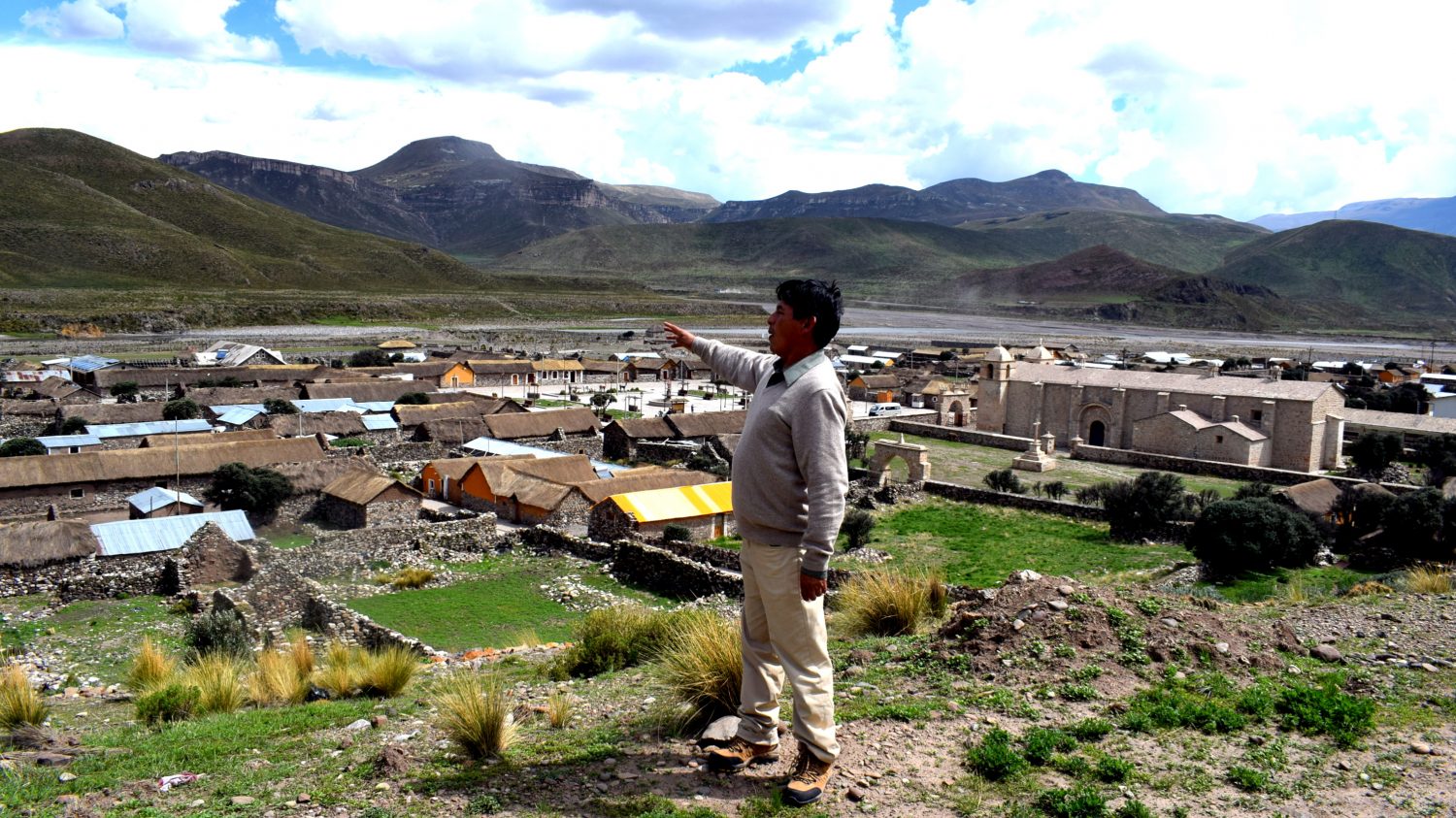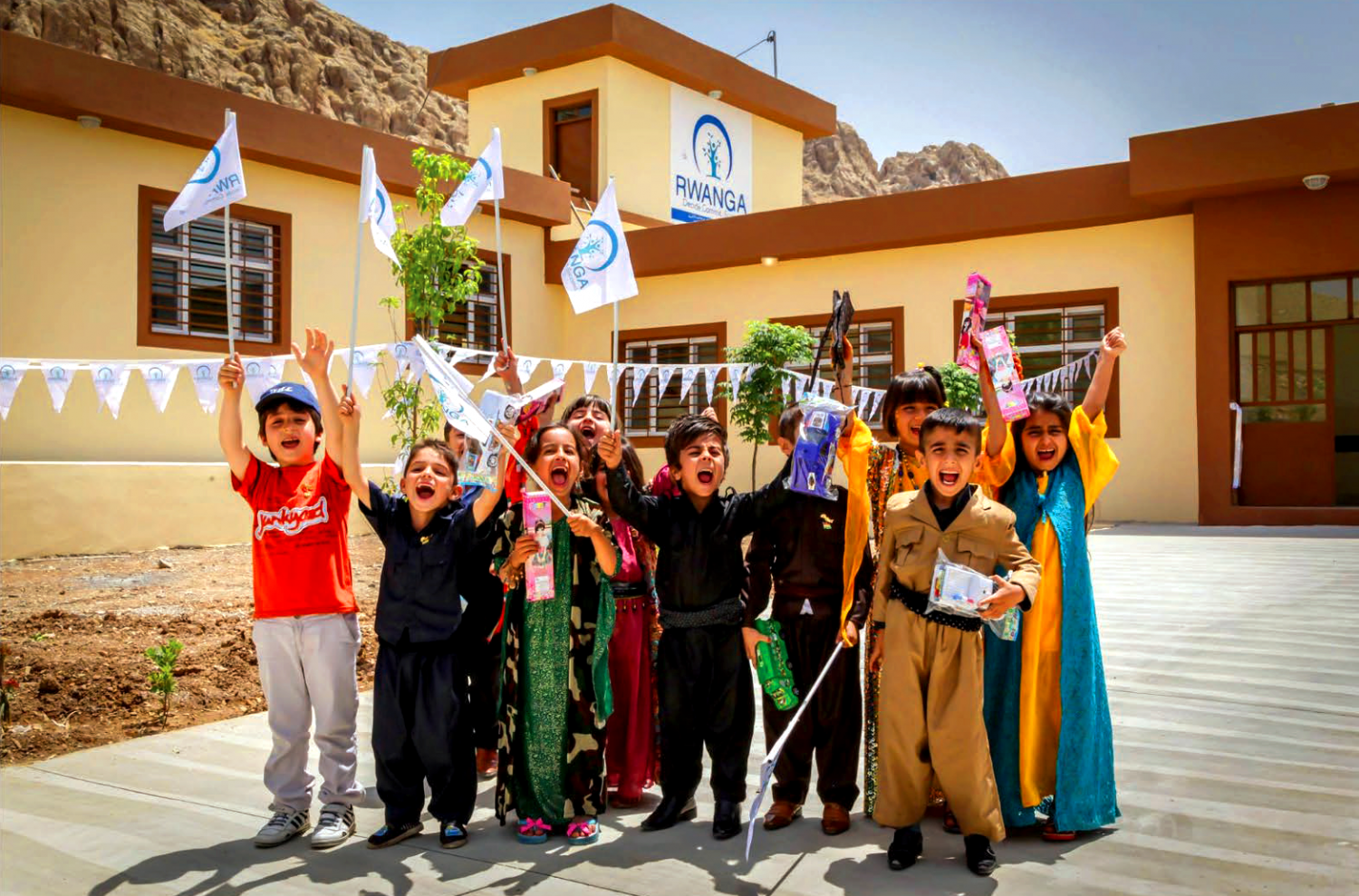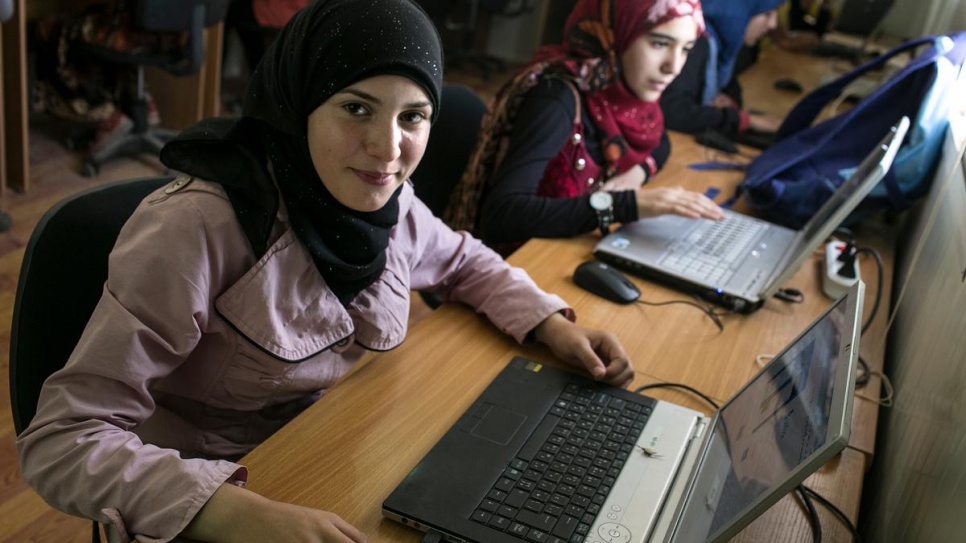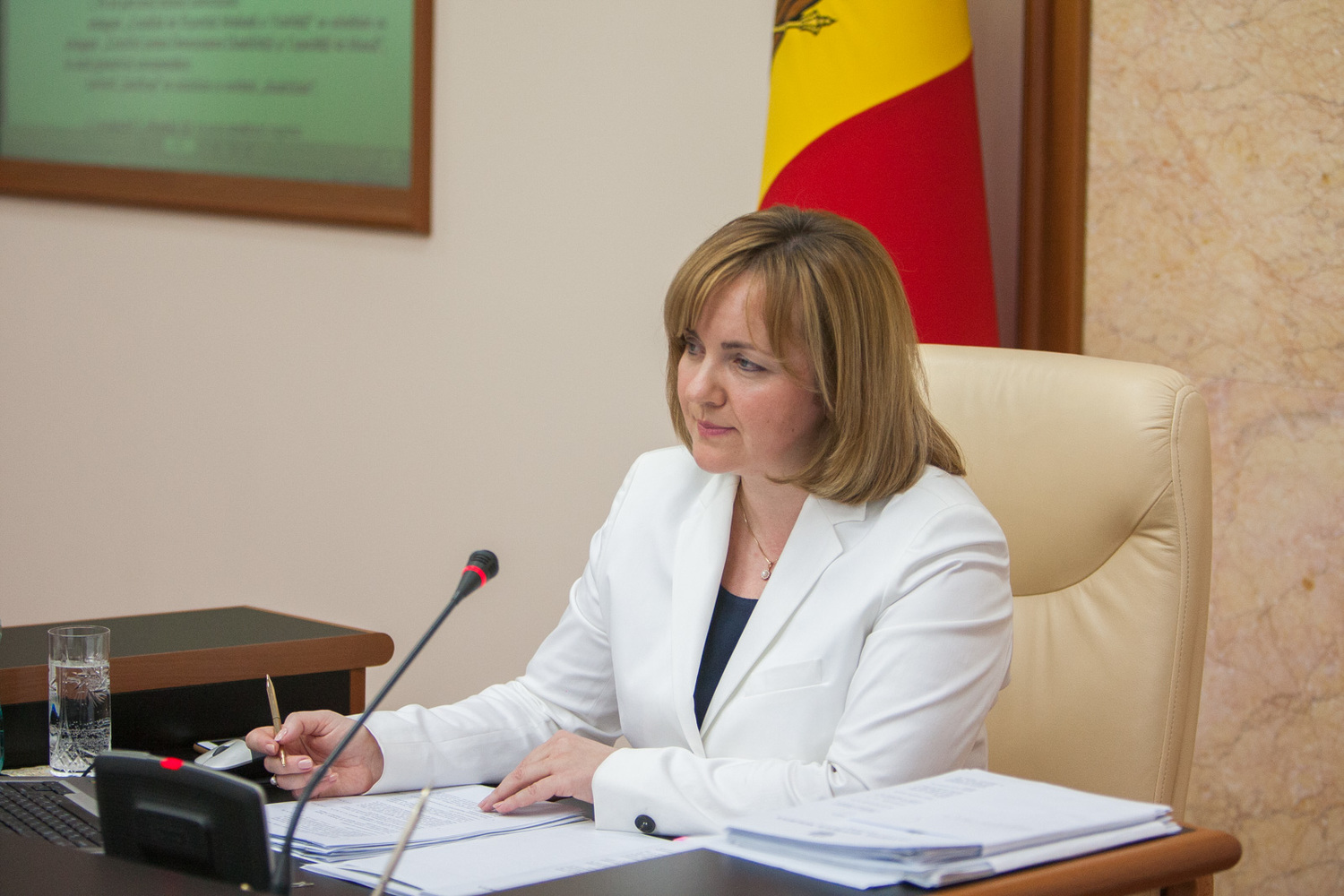Propelling Empowerment in Barangay Communities
The Philippines has one of the fastest growing economies in the world. In contrast, the Philippines also faces considerable challenges due to social and environmental issues. Education and health are persistent problems. 1 out of 4 Filipinos live in poverty, and 1 in 3 children are developmentally stunted due to malnutrition. Natural disasters such as earthquakes, volcanoes, and floods frequently devastate the nation. Additionally, pollution and plastic waste are ongoing problems experienced throughout the country.
Project Propel has been working in the Philippines ...
Life as a Displaced Person in Iraq
Over two million individuals have been hosted in Kurdish refugee camps over the last ten years. There are still over 1.3 million people living in 47 camps and local neighborhoods throughout Kurdistan. These camps were designed to provide temporary shelter.
Economic Empowerment is a Civil Right
"Operation HOPE is the first nonprofit banker in the United States. Our programs serve as a model for economic empowerment that have been acknowledged by President Bill Clinton, Oprah, the United States government, and other leaders and partners around the world. "
Institutional Memory at the United Nations
"One of my goals was to maintain an institutional memory for the UN because everything that’s going on in the world comes through the Secretary-General’s office. You might assume that much of this material has already been digitally captured through email or other sources, but it hasn’t."
Religion is the Neglected Part of Civil Society
"With billions of followers, record charitable donations, and unrivaled societal influence, religious society must make its way into the foreign policy community’s definition of civil society. By elevating the stature of religious engagement on the international level, the U.S. and the West will begin to see significant breakthroughs in traditionally anti-Western parts of the world and create opportunities that benefit national security, diplomacy, trade, and cooperation."
Ambassador Toktogulov on Helping Hospitals Heal Children
"As ambassador, the biggest priority is certainly to develop good, friendly relations and work to strengthen cooperation between our governments—the governments of the U.S. and the Kyrgyz Republic. That’s one part, but I thought that there’s more that I should do and I can do. I thought that one of the ways to strengthen relations between our countries would be to have a project in the humanitarian sector"
Delivering Education and Health to Alpaca Communities
"Perú was very different 8 years ago than it is now, so Quechua Benefit has grown. We started with a refuge for children begun by people from the U.S. Now we are an institution that works with municipalities and regional governments in educational issues and health campaigns. I think Quechua Benefit is growing and is consolidating as a major organization of support to the Peruvian families of the highlands."
Maintaining a Kurdish Vision
"Rwanga is a Kurdish word which means “vision.” The foundation has three main strategic approaches: to provide direct services; to build capacities for teachers, school or education administrations, and students; and to design policies."
A SENSE OF PURPOSE: ECONOMIC EMPOWERMENT FOR REFUGEES
"We tend to think of refugees as poorer individuals who might have not had a chance to get that much education, but that’s not always or even often the case. At NaTakallam, we’re tackling a forgotten niche in the refugee world and community"
UN SECRETARY-GENERAL CANDIDATE NATALIA GHERMAN
"Whether we are talking about peace, or about sustainable development, we will be guided by an all-embracive slogan: we will leave no one behind. Leaving no one behind means including, informing, and empowering all the categories of people in our society to feel ownership over processes that are important for them."

